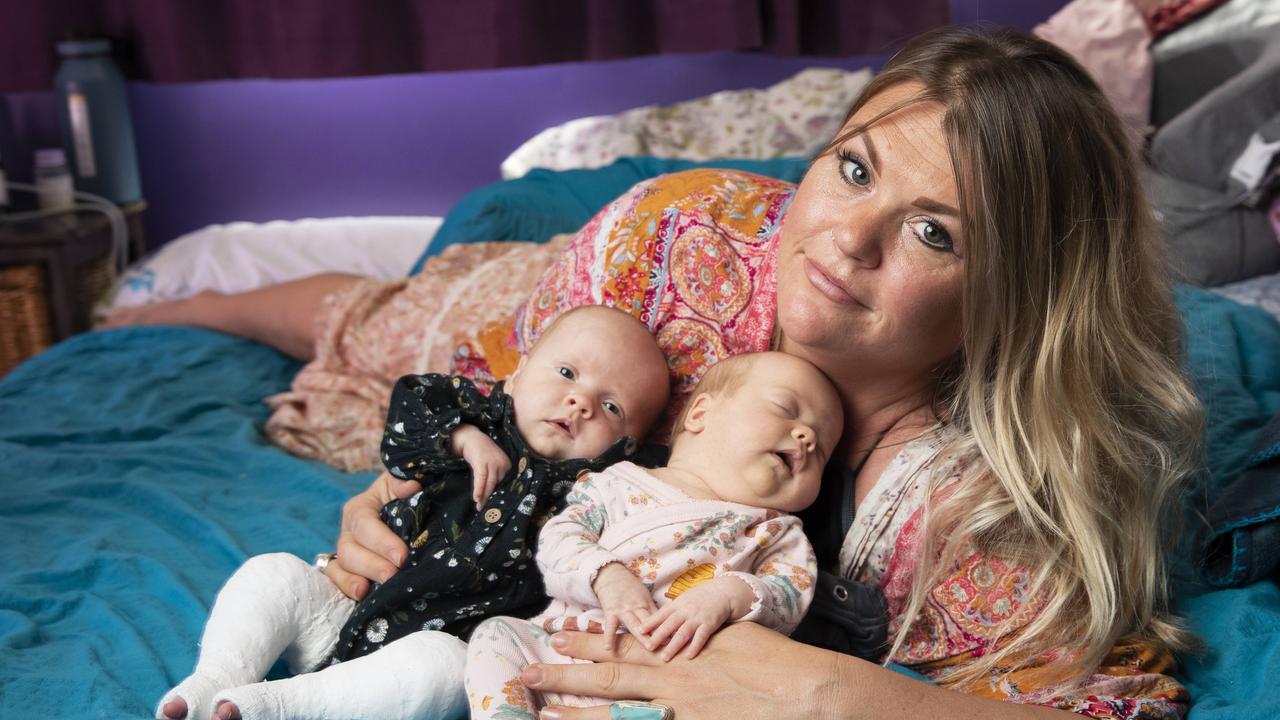Scientists discover how sleepless nights hasten ageing process in new mums
A new study has found new mothers who endure sleepless nights are ageing with every wink of sleep lost.
New mothers who endure sleepless nights are ageing with every wink of sleep lost, scientists have now discovered.
A a new study shows that a year after giving birth, the “biological age” of mothers who slept less than seven hours a night at the six-month mark was three to seven years older than those who logged seven hours or more.
Scientists studied dozens of mothers during their pregnancies and the first year of their babies’ lives, analysing the women’s DNA from blood samples to determine their “biological age”, which can differ from chronological age.
Mothers who slept less than seven hours had shorter telomeres in their white blood cells. These small pieces of DNA at the ends of chromosomes act as protective caps, like the plastic tips on the ends of shoelaces.

Shortened telomeres have been linked to a higher risk of cancers, cardiovascular and other diseases, and earlier death.
“The early months of post-partum sleep deprivation could have a lasting effect on physical health,” study author Judith Carroll said.
“While participants’ nightly sleep ranged from five to nine hours, more than half were getting less than seven hours, both six months and one year after giving birth.
“We found that with every hour of additional sleep, the mother’s biological age was younger.”
The UCLA research has been published in the journal Sleep Health.
Co-authors included researchers from the department of psychology, the department of psychiatry and biobehavioral sciences, and the department of human genetics and biostatistics at UCLA and from the psychology department at the University of Colorado at Colorado Springs.
“You can think of DNA as a grocery store with lots of basic ingredients to build a meal,” the author said.
“If there is a spill in one aisle, it may be closed, and you can’t get an item from that aisle, which might prevent you from making a recipe.
“When access to DNA code is ‘closed’ then those genes that code for specific proteins cannot be expressed and are therefore turned off.”
Queensland’s Emma Jackson is mum to new twins Ivy and Luna who are seven weeks old.
She is lucky if she gets two hours sleep a night.
“There is no doubt that I look in the mirror and feel like I look older. You can’t underestimate the impacts of sleepless nights. I can only hope that things improve, the babies are still very young,” the Sunshine Coast mum said.




